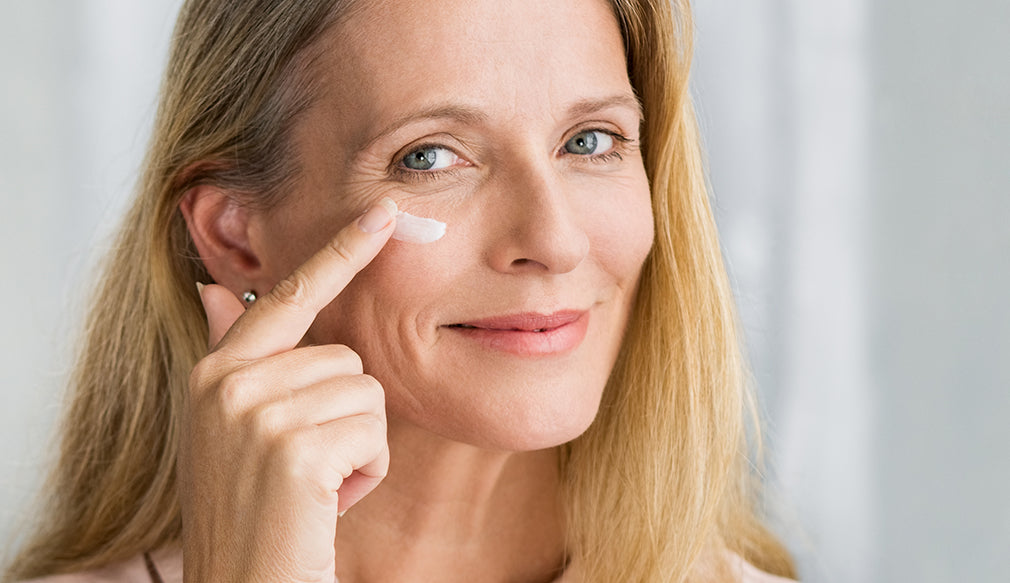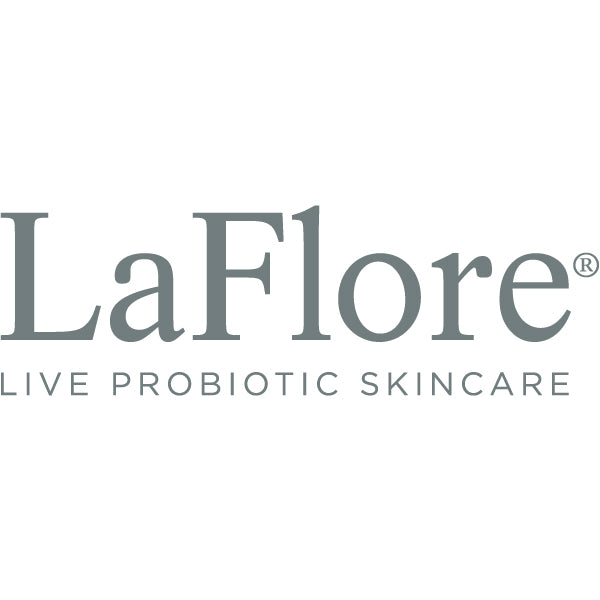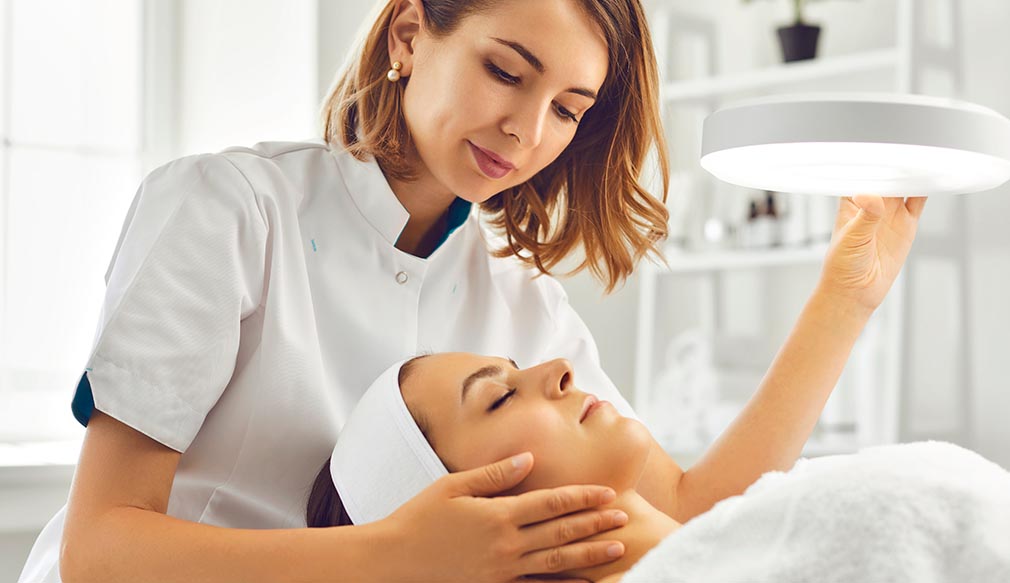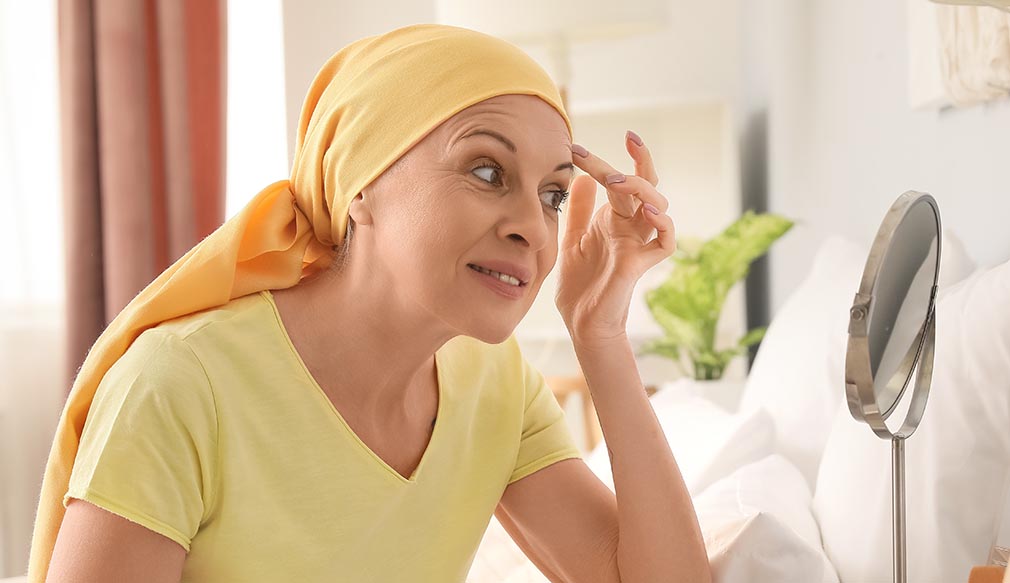
Topical Probiotics for Sensitive Skin: Expert Advice

Topical Probiotics for Sensitive Skin: Expert Advice
What is Sensitive Skin?
Sensitive skin can result from heightened reactivity of the skin to various environmental, chemical, and physical factors. This heightened sensitivity is often attributed to a compromised skin barrier function, which can allow irritants and allergens to penetrate more easily, triggering adverse reactions. Additionally, genetic predisposition can play a role, as individuals with a family history of sensitive skin may be more prone to experiencing such reactions. Factors such as excessive sun exposure, harsh skincare products, changes in weather, and certain medical conditions can further exacerbate skin sensitivity. The intricate interplay of these factors contributes to the complex and multifaceted nature of sensitive skin, warranting personalized care and the use of gentle, hypoallergenic skincare regimens.
The Skin Microbiome and Sensitivity
One major characteristic of sensitive skin is a decrease in the abundance (amount) of a common skin bacterium Staphylococcus epidermidis. Additionally, people with sensitive skin often have increased levels of Lactobacillus, which produces lactic acid. The over-production of lactic acid decreases the skin's pH, creating an acidic environment that irritates the skin, leading to inflammation and redness. Decreased bacterial diversity is also well associated with an increased risk of infection by pathogenic bacteria as well as inflammation.

For more information click here.
The above bar plots show how the abundance of six strains of bacteria differ between healthy subjects (blue, left) and patients with sensitive skin (red, right). There is a marked decrease in many types of bacteria, as well as the ratio of strains like Cutibacterium/Staphylococcus. Any alteration of the skin microbiome can lead to inflammation, redness, sensitivity, as well as increased risk for infection by opportunistic pathogens that take advantage of the skin’s weakened defenses.
Treating Skin Sensitivity with Probiotics
Treating sensitive skin with topical LIVE probiotics can have many benefits, including restoration of the microbiome balance, increased skin hydration, and reduced sensitivity. Probiotic treatments that include Streptococcus thermophiles have been shown to increase skin hydration and reduce sensitivity by increasing the production of ceramides like sphingomyelinase. In a clinical trial, patients treated with a cream containing 10% Bifidobacterium longum showed improved skin sensitivity after two months, with a reduction in skin stinging, dryness, and improved barrier function. The use of probiotics in the treatment of sensitive skin is effective in restoring balance as well. This is achieved by reintroducing strains that have been lowered to encourage the growth of these beneficial strains. This allows the skin microbiome to continue to stay balanced, attaining a reduced sensitivity after treatment.
Two Ways to Add LIVE Probiotic Skincare to Your Spa!
LaFlore Live Probiotic Concentrated Serum - If you try any LaFlore skincare products choose this one! This serum helps by adding more of the beneficial bacteria the skin needs to reduce redness, irritation, and inflammation. Think of it as a transdermal supplement as it works best if used daily. This is due to the fact that it strengthens the skin microbiome to correct and prevent future sensitivity flare-ups by working with the skin microbiome to produce postbiotic metabolites like vitamin A, vitamin C, peptides, antioxidants, ceramides, and more. Available in professional and homecare sizes.LaFlore Live Probiotic Concentrated Serum recently won the 2023 Aesthetican’s Choice Award for Favorite Probiotic Serum!
Microbiome Rest Package - This starter package includes all of the LaFlore professional products to perform the Microbiome Reset Facial in under 50 minutes. It accommodates 25 treatments with a revenue potential of $4,125 for a service priced at $165. It’s ideal for those looking to add a line to their spa that can help with those most difficult-to-treat clients including your most sensitive. It has everything the skin needs to mend and thrive naturally. The microbiome reset facial helps to reduce current acne symptoms like inflammation and redness while also providing a jumpstart to your client’s daily supplementation.
A Note About the Process:
When using topical LIVE probiotics like those found in our LIVE probiotic concentrated serum your client’s skin may purge. This part of their journey will be unique to them because everyone’s skin microbiome is different. Just remind them that if they think it is getting worse, it’s part of the skin’s process, and to not stop! Their healthy, happy skin is right around the corner. NOTE: Purge is not irritation, if your client experiences a burning sensation discontinue use.Frequently Asked Questions
How would you describe the relationship between the skin microbiome and sensitivity?
Sensitive skin can be characterized by a decrease in the abundance of beneficial bacteria like Staphylococcus epidermidis and increased levels of Lactobacillus, leading to an altered microbiome that contributes to skin irritation, inflammation, and redness.
How does the overproduction of lactic acid affect sensitive skin?
Increased levels of Lactobacillus that produce lactic acid lead to a lowered skin pH, creating an acidic environment that irritates the skin, resulting in inflammation and redness.
What benefits can be derived from treating sensitive skin with probiotics?
Treating sensitive skin with topical live probiotics can restore microbiome balance, enhance skin hydration, and reduce sensitivity, ultimately leading to improved barrier function.
How does Streptococcus thermophiles affect skin sensitivity?
Probiotic treatments containing Streptococcus thermophiles increase skin hydration and reduce sensitivity by promoting the production of ceramides like sphingomyelinase.




